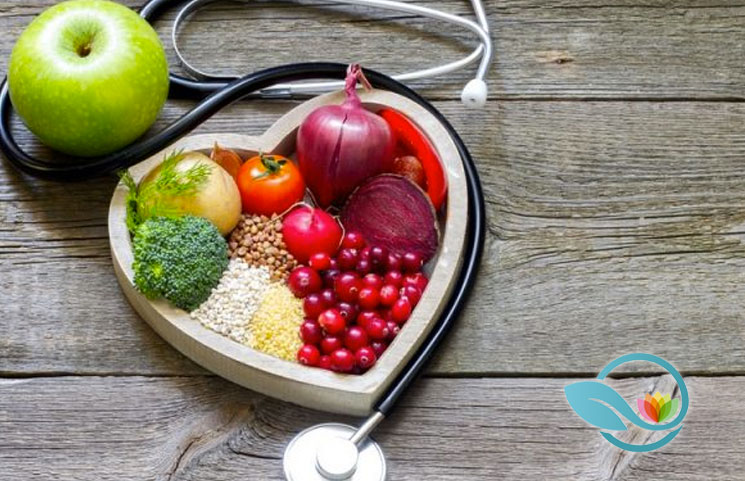Published
7 years agoon

Inadequate nutrition poses serious health risks for millions and is linked to deaths related to heart disease. A new study finds that insufficient intake of fruits and vegetables is directly correlated to increased risk of heart disease. Fruits and vegetables provide our bodies with vitamins, fiber, potassium, magnesium, and antioxidants. These are proven to lower blood pressure and reduce the risks of cancer and heart disease. Additionally, they can greatly benefit digestive health. After an analysis of multiple studies, researchers estimate that the risk of heart disease is lowered by 20% for those who eat more than five fruits and vegetables per day.
The US Department of Agriculture recommends a minimum of 1.5 to 2 cups of fruit per day and 2 to 3 cups of vegetables. Another study completed by the Center for Disease Control and Prevention says that only 1 in 10 adults actually meet this minimum with their daily diet. The American Society for Nutrition presented at Nutrition 2019 that a low fruit intake can cause 1 in 7 deaths from heart disease and that a low vegetable intake can cause 1 in 12 deaths from heart disease. This can also increase a person’s risk for stroke. The number of heart disease related deaths are in the millions and was highest in the countries with the lowest fruit and vegetable intakes.
There needs to be increased efforts to encourage fruit and vegetable consumption to prevent serious health consequences. Researchers tracked consumption in 113 countries using surveys and food availability data. They tracked deaths by region, age, and sex. This information was then combined with data on causes of death in each country as well as information on cardiovascular health risks. They found that fruit intake was lower in South Asia, East Asia, and Sub-Saharan Africa. Vegetable intake was lower in Central Asia and Oceania. The deaths related to heart disease and stroke were highest in these regions. The biggest impact was also found in young adults and males. Much of this is due to access and demands efforts into improving the situation for the betterment of overall world health.










Disclaimer: Please understand that any news, guides or reviews found here are not a worthy substitute for medical advice. It is extremely wise to consult with a licensed healthcare professional or physician before adding any new health product or program to your routine. No supplements or services here are intended to diagnose, cure or prevent any disease.
Disclosure: Links located within this website may be affiliate placements where referral rewards will be generated if you make a purchase. This adds no additional cost to you and does not change the outcome of the research or review, but goes back into site upkeep and team sustainability.

